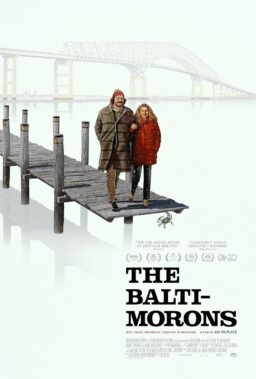From Eric J:
I’ll agree that Kael’s showy attacks on Kane and Hitchcock make her sound like the Armond White of her day–But think we may have to put her day in context: Filmgoing, film appreciation AND film criticism were different in the late 60’s and early/mid 70’s. Film culture back then wasn’t as Democratic as it is today: Even if Pauline had lived to see the VCR in every home, even that didn’t foster the entire classic-film revolution that DVD brought in.
Film restoration was literally unheard of, old movies were a slew of obscure 40’s and 60’s titles shown randomly on local stations to fill late-nite slots used-car ads, and “old films” themselves were a genre, something parodied by Mad Magazine and Carol Burnett. People who talked seriously about film, like Richard Schickel, talked about it as Art, and showed the same iconic scenes from Hitchcock or John Ford as if they were their own secret code to fellow members of his own higher species. Nowadays, if I read a Roger Ebert column telling me that “Citizen Kane” is one of the Great Movies, I bring up my Netflix site, check it out on Criterion Blu-ray, and watch it in my living room with a bag of microwave Orville Redenbacher’s.
In the old days, however, there were three kinds of movies: The ones you saw, the ones you studied, and the foreign films no one understood. To study a film, you had to read highbrow published essays or take a semester in college to find The Meaning of every shot in “Kane,” or of every edit in “Breathless.” To view the film on your own–since TV wasn’t likely playing it–you had to go to a college-town revival theater like a character out of a mid-70’s Woody Allen movie, sit nervously in your seat and be surrounded by people smarter than you dissecting the construction.
And if you had been sent on a mission to see “La Dolce Vita” or “Last Year at Marienbad” for your own good, and still didn’t fathom the Meaning of It All, it made you feel inferiority from those who did, or resentment to whoever made it, or both. The VCR wiped the classic-revival theater off the map, and with it, the “ritual” of seeking out a Great Movie within its cavernous holy temple, and the great gods whose works were beyond our humble understanding. In the 70’s, Kael considered herself a Rebel Without A Cause (since the cause wouldn’t exist for another fifteen or twenty years), and went tilting at what was then the nearest windmill: The “Films For the Elite,” meant to be sipped like chablis by those in the know, and the Great Director names thrown around like the names of masterpiece painters, kept high above the heads of the common masses. Back then, saying “Eh, Hitchcock wasn’t so great!” or “Fellini was just lazy!” was itself considered shocking because… well, those who read it probably hadn’t seen enough of the movies themselves to argue with it–But they’d heard enough other Important People say those directors must be geniuses, so this must clearly be a brick through a window!
Reactionary and judgmental, maybe, attention-struck, definitely, but Kael probably thought of herself as waging a kind of cultural penitenzi agite against film study keeping itself a “hierarchy” over the peasants, and did it for the thrill of the revolution more than just being a voice-in-the-wilderness about Welles or Kubrick. She was restless and wanted everyone to express their ideas on a good movie, and if she’d just been patient and waited a few more years, she’d have noticed we were.











